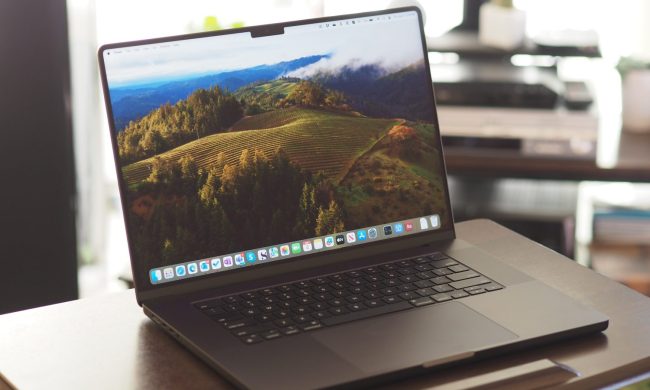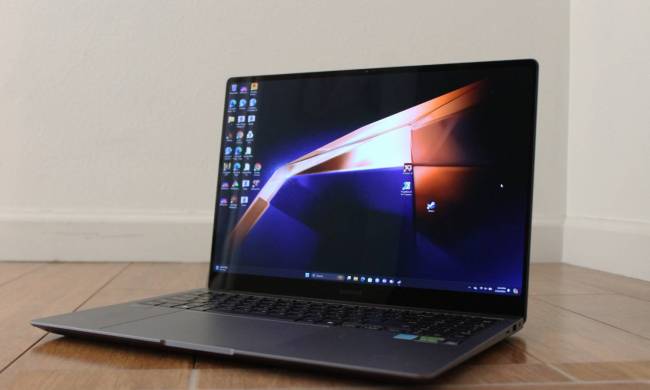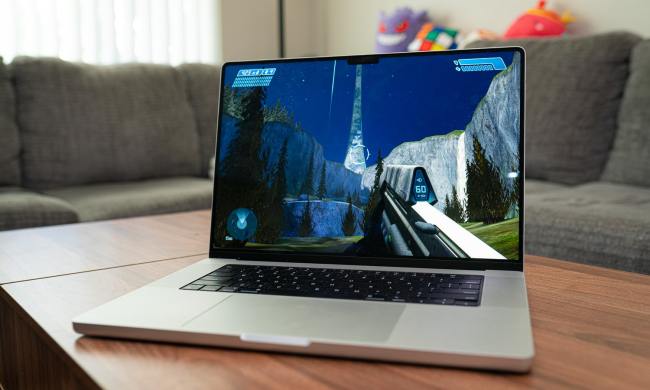
After some back-and-forth with Apple, however, Consumer Reports agreed to retest the MacBook Pro battery life, amid concerns that the initial results might have been skewed by an elusive bug. According to 9to5Mac, Consumer Reports’ decision to retest the battery was the result of Apple presenting evidence that the results were caused by a bug that may have negatively impacted the initial testing.
Consumer Reports completed its new round of testing on Thursday and the results are significantly improved. Not only was battery life consistent, but it was also highly competitive. The 2016 models of the 13-inch MacBook Pro with Touch bar, the 13-inch version without Touch Bar, and the 15-inch MacBook Pro were all retested, and battery life was 15.75 hours, 18.75 hours, and 17.25 hours, respectively. Given the new results, Consumer Reports has now added the 2016 MacBook Pro line to their list of recommended machines.
Consumer Reports was generally positive about the 2016 MacBook Pro’s display quality and performance in its initial review. The machines fell down in battery performance, however, an area that has been a complaint of numerous buyers (apparently the result of the choice of a lesser design).
According to Consumer Reports’ first round of testing, the most significant issue with battery life wasn’t specifically how long the computers would run before shutting down but rather their inconsistency. The 13-inch MacBook Pro with Touch Bar, for example, ran for 16 hours, 12.75 hours, and 3.75 hours on subsequent tests. The 13-inch version without Touch Bar ran for 19.5 hours and 4.5 hours in different trial runs, and the 15-inch machine showed a range from 8 to 18.5 hours.
The organization notes that laptops usually vary by less than five percent between tests; Consumer Reports said it was able to replicate the MacBook Pro’s inconsistent results via repeated testing. The reviewers requested a response from Apple and at first received a typical canned statement: “Any customer who has a question about their Mac or its operation should contact AppleCare.”
Apple Vice President of Marketing Phil Schiller responded via Twitter on December 23 that Apple is taking things a little more seriously than that, however:
Working with CR to understand their battery tests. Results do not match our extensive lab tests or field data. https://t.co/IWtfsmBwpO
— Philip Schiller (@pschiller) December 24, 2016
Consumer Reports cannot be faulted for its testing methodologies, which seem rigorous. The group upgraded its test machines to MacOS Sierra 10.12.2 and tested again to determine if Apple had resolved any battery issues in the latest update. The results were the same.
Apparently, similar concerns about the 2016 MacBook Air’s battery life are not without merit. While lower battery life could be expected given their smaller battery capacity versus previous MacBook Air models, the incredibly inconsistent results suggest a problem.
If you want to install the Safari bug fix that resolved the issue that interfered with the original round of tests, then you will need to first sign up for Apple’s Beta Software Program. Then, you’ll be able to download and install the fix. If you’re a little more patient, then you can wait for Apple to roll out the update to all users in “several weeks.”
Updated on 1-12-2017 by Mark Coppock: Added information supporting Consumer Reports’ new recommendation of the 2016 MacBook Pro line.


